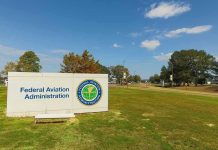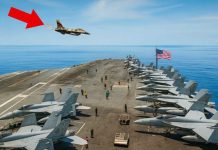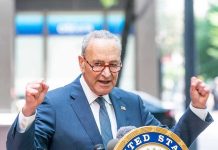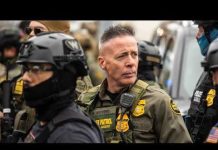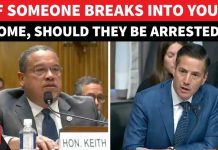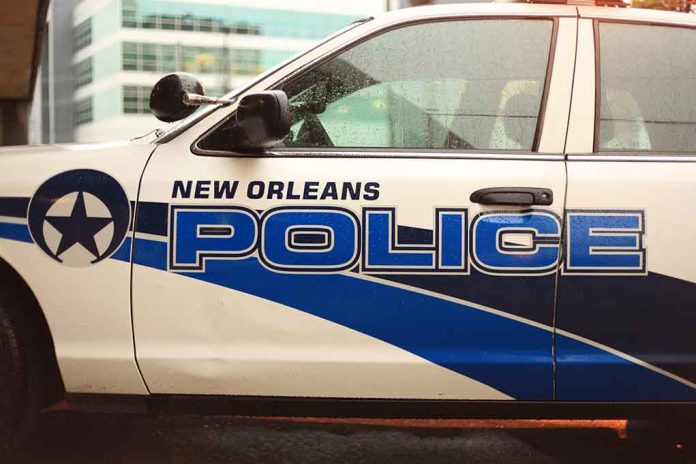
The recent incidents in New Orleans and Las Vegas highlight concerns about politically motivated violence in the United States.
At a Glance
- The New Orleans attack on New Year’s Day caused 15 fatalities, including the attacker, Shamsud-Din Jabbar.
- Jabbar had a military background and expressed extremist views.
- Las Vegas saw a separate car explosion in front of the Trump International Hotel.
- The events underscore evolving patterns of terror threats, mixing domestic and international grievances.
Details of New Orleans Attack
The tragic New Orleans attack on New Year’s Day resulted in 15 deaths, allegedly perpetrated by Shamsud-Din Jabbar. Authorities describe his actions as a “premeditated and evil act.” Jabbar allegedly drove a truck into a crowd, fired a weapon, and then was shot dead by police. Investigations revealed an IS flag and explosives in his vehicle, suggesting terror motives. Social media posts by Jabbar showed his intent towards Islamist extremism.
The attack forced the Sugar Bowl’s postponement, disrupting a major college sports event. While there was another incident in Las Vegas, authorities do not believe they are linked. Jabbar’s military service in Afghanistan highlights concerns about radicalization within the military. Financial difficulties are inferable from his criminal record and divorce history.
New Orleans attack intensifies watch against US terrorism, political violence via @csmonitor https://t.co/c4yjaQy7NS
— Philip Dinham (@NEWSBOYPHIL) January 4, 2025
The Incident in Las Vegas
In Las Vegas, a vehicle explosion outside the Trump Hotel, involving Matthew Alan Livelsberger’s Tesla Cybertruck, raised alarms about similar violent threats. The explosion included firearms and explosive materials, but remarkably, Tesla’s structural design limited damage. Authorities are still working on determining a motive for this incident.
The Turo service, facilitating peer-to-peer car rentals, is under scrutiny. Despite screening using a proprietary risk score, neither attacker had a flagged criminal background. These events reflect warnings about vehicles used as weapons and the rising fusion of domestic discontents with global extremist ideologies.
Enduring Implications of Terror Threats
The New Orleans and Las Vegas incidents prompt concerns about growing political violence and terrorism. A recent report noted the increasing use of vehicles as weapons against the public, with Brian Levin of California State University, San Bernardino saying, “We’re seeing incrementally and materially a diversification of the terror threat relating to not just ideology but also tactics, instrumentality, and how these attacks are organized,” Global conflicts, including wars in Gaza, intensify the conversation about radicalization, security practices, and the balance between safety and civil liberties.
Experts have also emphasized that it can be more difficult to root out dangers posed by a single person than by a larger group. Brian Michael Jenkins, an analyst at the Rand Corp, said, “We don’t have an X-ray for a man’s soul. It’s much more difficult to see what an individual is planning.”
The need for vigilance and effective public security measures remains paramount as authorities address these growing challenges.
Sources
- New Orleans attacker acted alone, FBI now believes
- Trucks in New Orleans attack and Las Vegas explosion were rented on Turo. Here’s what to know.
- New Orleans attack intensifies watch against US terrorism, political violence

